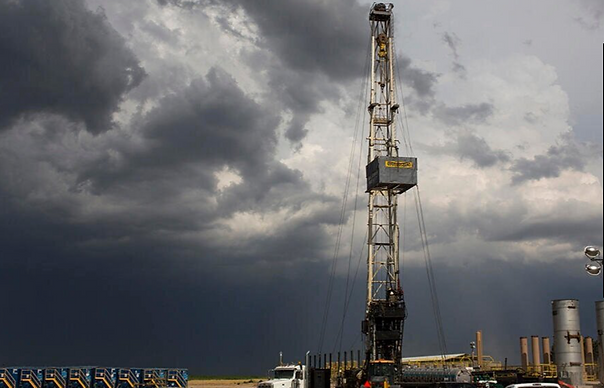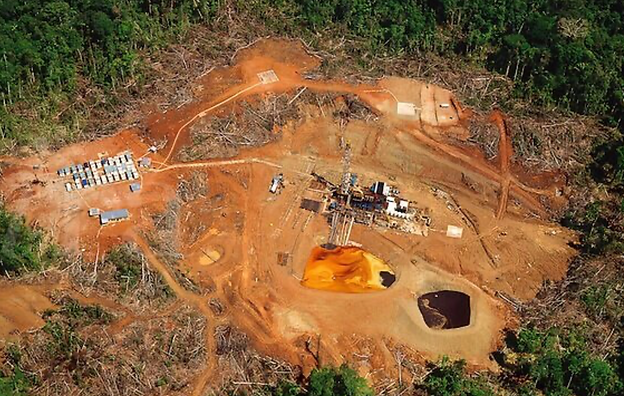
ECOCIDE is a massive damage and destruction of ecosystems – harm to nature which is widespread, severe or systematic.
Below are some examples of what a criminal law of ECOCIDE could address:
OCEANS DAMAGE

Industrial fishing
Practices such as deep-sea bottom-trawling, which destroys entire ecosystems by dredging the ocean floor; overfishing with associated multiple species loss.

Oil spills
Many examples, the worst being Deepwater Horizon 2010 which formed a slick extending over more than 57,500 square miles (149,000 square km), with an estimated 1,100 miles (1,770 km) of shoreline polluted.

Plastic pollution
Plastic production, transport and waste industries play a large part in this all-pervasive “plastic soup.”

Deep-sea mining
This young extractive industry is already provoking calls for a moratorium due to impacts of physical disruption and pollution in the Pacific.
LAND AND WATER CONTAMINATION

Oil spills
The Niger Delta has suffered from continuous oil spills over many decades of extraction and is still one of the most polluted regions on Earth.

Mining
From gold mining…

.....to mountaintop removal, mining of all kinds has a record of serious land and water contamination.
Tar sands
The Athabasca tar sands in Alberta, Canada ] are the biggest of these operations, devastating wildlife, indigenous lands and creating scars visible from space.


Fracking
The toxic effects of unconventional oil and gas extraction are extensively documented – and cumulative.

Textile chemicals
The textile industry has huge polluting impact via wastewater eg from dyeing and tanning

Agricultural pollution


and insect populations are all seriously affected by industrial agricultural chemicals and monocrop practices.
DEFORESTATION
The greatest combined threat to the planet's biodiversity and climate is deforestation, particularly of tropical rainforests that support the richest ecosystems and actively moderate the global climate

Industrial livestock farming
Cattle ranching for beef production is the single biggest reason for Amazon deforestation…

…along with growing soy for animal feed.

…as well as oil drilling all contribute to deforestation as well as creating additional harm via contamination of land and river systems.

Palm oil & wood production
These are key causes of deforestation in Indonesia and Malaysia.
AIR POLLUTION

Chemical disasters & weapons
Many examples, of which the Bhopal gas tragedy is considered the worst

…Use of chemical weapon Agent Orange was the first context in which the word “ecocide” was recorded.


….contamination from nuclear testing

….as well as actual use of nuclear weapons are obvious examples

…but the oil industry recently discovered to be implicated too.

Industrial emissions
Our climatic system – the umbrella ecosystem for all others – can only remain stable below certain planetary boundaries, so the fossil fuel industries…

….agriculture industries

and cement industries are all implicated at production stage.
Climate and ecological emergency is the result of many years of these harmful industrial activities.
Most of the risks have been known for decades by the companies choosing to continue these practices. The responsibility lies with decisions made at the top of industry, finance and government.
As citizens, we can and must take responsibility for what we eat and buy, but ordinary citizens do not make these high-level investments and policy decisions. Ordinary citizens cannot therefore be held responsible for ecocide.
But we can help to stop it. Next up - how to make it a CRIME…

